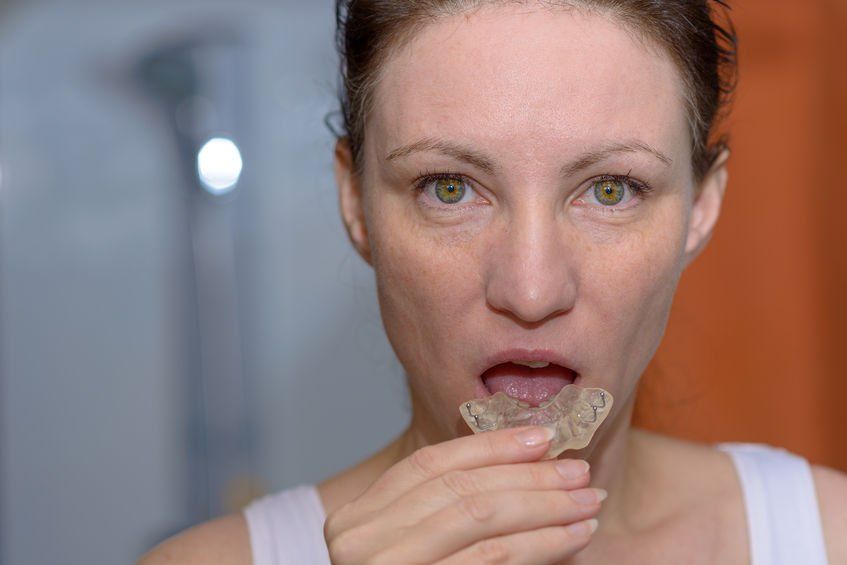Signs You Might Grind Your Teeth While Sleeping
- By Mary Marks
- •
- 21 Aug, 2018
- •

Teeth grinding during sleep is more common than you would think. Most of us go through at least one period in our life when we grind our teeth unknowingly and the causes range from stress experienced during the day to hereditary issues and problems of the joints and muscles in the jaw. Talk with an oral sedation dentistry Highlands Ranch office to discuss options to correct this disorder. If you want to know whether you grind your teeth while you are asleep, here are the most common symptoms:
- Pain on waking – if you regularly wake up with a dull headache or you experience chronic facial and ear pain, you have been probably contracting the muscles of your jaws and of your face for a certain period during the night;
- A ringing ear, especially in the morning;
- Increased dental sensitivity and excessive wear and tear on your teeth;
- Damage on the interior part of the teeth – this sign indicates chewing on the tissues of your mouth during the night;
- Inflammations of the salivary glands and in other areas in the mouth;
- The blockage of salivary glands;
- A locked jaw or regularly recurring jaw locking;
- Unusual dryness in the mouth or in the throat;
- Indentations and marks of bites on the tongue.





Although oral sedation dentistry Highlands Ranch is one of the optionsavailable for managing anxiety and discomfort during oral surgery, you certainly do not need to use it all the time. As a matter of fact, the exact type of sedation or anesthesia that you receive during oral procedures may depend on various factors, such as the complexity of the procedure, your medical problems, as well as your doctor’s preferences.
There can be several different levels of sedation that can be used in oral surgery. Local anesthesia is one of them. This involves injecting anesthetic medication into the specific area where the surgery will take place. It numbs the area and is often used for less invasive procedures.
Oral sedation involves taking medication in the form of a pill to induce a state of relaxation and drowsiness. The patient is still conscious, but he/she may not be fully aware of the procedure. At any rate, sedation helps him/her get rid of anxiety.
In the case of intravenous sedation, medication is administered through a vein, which induces a deeper state of sedation than oral sedation. Patients may still be conscious, but they are less aware of their surroundings and may not remember the procedure.





